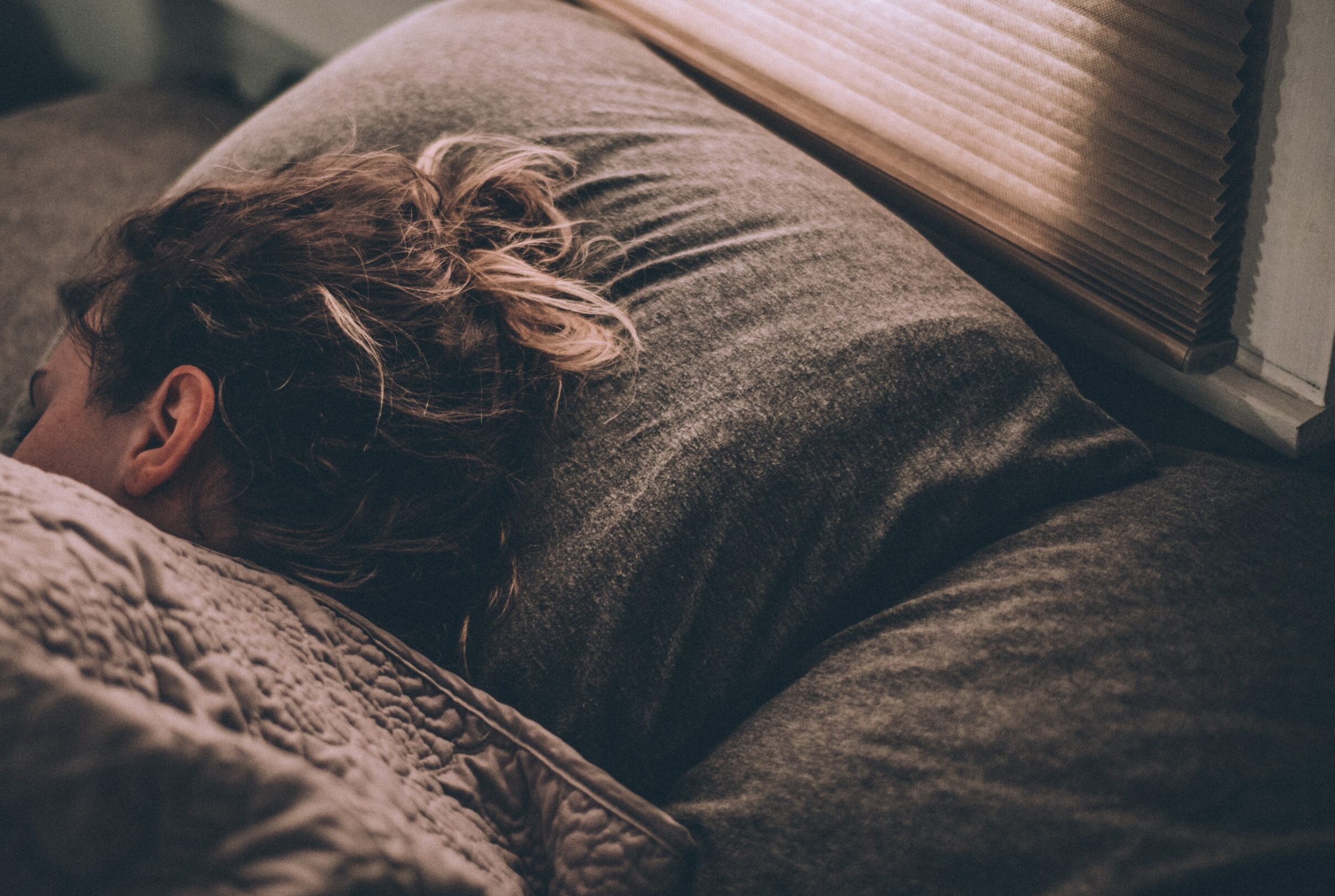Tired of tossing and turning at night? Struggling to stay awake during the day? It’s time to prioritize your sleep! We all know that getting a good night’s rest is important, but did you know just how crucial it is for our overall health and well-being? From improving cognitive function to boosting mood and productivity, quality sleep plays a vital role in our daily lives. In this blog post, we’ll explore the negative effects of sleep deprivation, along with some practical tips on how you can achieve that elusive good night’s sleep. So say goodbye to restless nights and hello to peaceful slumber – let’s dive in!
The importance of sleep
We often underestimate the true importance of a good night’s sleep. It’s not just about feeling refreshed in the morning; sleep is essential for our physical and mental well-being. When we sleep, our bodies go into repair mode, healing any damage done throughout the day. Our muscles relax, allowing growth and replenishment to occur.
But it’s not just our bodies that benefit from quality shut-eye – our brains do too! During sleep, we consolidate memories and process information gathered during waking hours. This consolidation helps improve learning and enhances cognitive function.
Additionally, a lack of sleep can have serious consequences on our overall health. Studies have shown that chronic insomnia increases the risk of developing conditions like obesity, diabetes, heart disease, and even certain types of cancer. Sleep deprivation also weakens the immune system, leaving us more susceptible to infections.
Not only does inadequate rest affect us physically but mentally as well. Lack of sufficient sleep can lead to mood swings, irritability, poor concentration, and decreased productivity throughout the day.
In short (pun intended), getting enough quality sleep is vital for maintaining optimal physical health as well as supporting cognitive processes necessary for daily functioning. So let’s prioritize those Zzzs!
Sleep deprivation

We’ve all experienced those nights when sleep seems to elude us. Tossing and turning, our minds racing with thoughts that refuse to quiet down. Unfortunately, these occasional restless nights can quickly turn into a pattern of sleep deprivation if left unchecked.
Sleep deprivation is more than just feeling tired the next day; it can have serious effects on our physical and mental health. Lack of sleep impairs cognitive function, weakens the immune system, increases the risk of accidents, and contributes to weight gain. It’s like a silent saboteur wreaking havoc on our overall well-being.
There are many factors that can contribute to sleep deprivation – stress, anxiety, poor sleep habits, or even medical conditions such as insomnia or sleep apnea. Whatever the cause may be, finding ways to improve our quality of sleep is crucial.
Establishing a consistent bedtime routine can signal our bodies that it’s time for rest. Create an environment conducive to good sleep by keeping your bedroom cool, dark, and quiet. Avoid stimulants like caffeine or electronics before bed as they interfere with natural melatonin production.
If you find yourself struggling with falling asleep or staying asleep throughout the night despite making adjustments to your routine and environment, it might be worth seeking professional help from a healthcare provider who specializes in sleep disorders.
Remember this: prioritizing your nightly rest isn’t selfish; it’s essential for your overall well-being. Don’t let the silent saboteur take control – reclaim your nights one peaceful slumber at a time!
Tips for getting a good night’s sleep
Are you tired of tossing and turning all night, struggling to get a good night’s sleep? You’re not alone. Many people struggle with this issue, but luckily there are some simple tips that can help improve your sleep quality.
Establish a consistent bedtime routine. Going to bed and waking up at the same time every day helps regulate your body’s internal clock and signals when it’s time for sleep. Avoid stimulating activities before bed, such as using electronic devices or watching TV, as these can interfere with your ability to fall asleep.
Create a comfortable sleep environment by investing in a good mattress and pillows that support your body properly. Keep your bedroom cool, dark, and quiet to promote better sleep. If external noise is an issue, consider using earplugs or white noise machines.

Avoid consuming caffeine or heavy meals close to bedtime. Caffeine is a stimulant that can make it harder for you to fall asleep while digestion of heavy meals may disrupt your sleep cycle.
Engaging in regular physical exercise during the day can also contribute to better quality sleep at night. However, try not to exercise too close to bedtime as it may increase alertness and make it more difficult for you to wind down.
Make relaxation techniques part of your nighttime routine. This could include reading a book, practicing deep breathing exercises or taking a warm bath before bed.
By implementing these tips into your daily routine consistently over time will create healthy habits that optimize the chances of getting a restful night’s sleep – leading ultimately towards improved overall well-being!
The benefits of a good night’s sleep
Getting a good night’s sleep is not just a luxury, it is essential for our overall health and well-being. Sleep deprivation can have detrimental effects on our physical and mental health, leading to increased risk of chronic diseases, impaired cognitive function, and even accidents.
So how can we ensure that we are getting enough quality sleep? Here are some tips:
- Stick to a consistent sleep schedule: Going to bed and waking up at the same time every day helps regulate your body’s internal clock and promotes better sleep.
- Create a relaxing bedtime routine: Engage in calming activities before bed such as reading a book or taking a warm bath. Avoid stimulating activities like watching TV or using electronic devices, as the blue light emitted from screens can interfere with your sleep.
- Make your bedroom conducive to sleep: Keep your bedroom cool, dark, and quiet. Invest in comfortable bedding and consider using white noise machines or earplugs if necessary.
- Limit caffeine intake: Avoid consuming caffeine (found in coffee, tea, soda) close to bedtime as it can disrupt your ability to fall asleep. Opt for herbal teas or decaffeinated options instead.

- Exercise regularly: Engaging in regular physical activity during the day can help promote better sleep at night. However, try to avoid intense exercise close to bedtime as it may leave you feeling too energized when you’re trying to wind down.
Now let’s delve into the benefits of getting a good night’s sleep:
- Improved mood and mental well-being: Quality sleep has been linked with reduced symptoms of anxiety and depression. It helps regulate emotions and enhances overall mental well-being.
- Enhanced cognitive function: Sleep plays an important role in memory consolidation and learning processes. Getting adequate restful sleep improves concentration, problem-solving abilities, creativity, decision-making skills, and overall cognitive performance.
- Boosted immune system: Lack of proper sleep weakens the immune system making us more susceptible to infections and illnesses. On the other hand, quality sleep enhances immune function,
